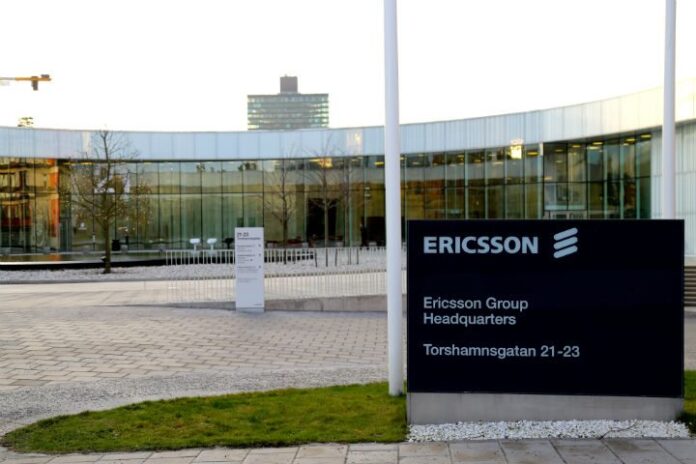Swedish telecom equipment vendor Ericsson has signed onto the GMSA Humanitarian Connectivity Charter, which aims to use technology to bolster crisis response in afflicted areas.
The GSMA established the program in March. According to the trade group, the goal is “to support mobile network operators in improving preparedness and resilience among mobile networks. The charter consists of a set of shared principals adopted by key players in the mobile industry to support improved access to communication and information for those affected by crisis in order to reduce the loss of life and positively contribute to humanitarian response.”
The three primary principles of the charter are:
- To enhance coordination within and among mobile network operators before, during and after a disaster
- To scale and standardize preparedness and response activities across the industry to enable a more predictable response
- To strengthen partnerships between the mobile industry, government and the humanitarian secto
United Nations Office for the Coordination of Humanitarian Affairs Under-Secretary-General and Emergency Relief Coordinator Stephen O’Brien said, “Ericsson has shown a proven ability to deliver time and time again to the humanitarian community during disasters. Humanitarian response is a shared responsibility, and we need the private sector to play an important role in helping restore vital communications. We are very pleased to see Ericsson formally join the Charter.”
Ericsson’s VP of Sustainability and Corporate Responsibility Elaine Weidman-Grunewald recalled the company’s first disaster response in Kabul, Afghanistan in 2001. “Since then, Ericsson has assisted with providing vital communications in more than 40 disasters in 30 countries.”
She continued: “There are enormous opportunities to transform humanitarian response through improved connectivity. The Humanitarian Connectivity Charter principles chart the way to realizing this transformation, and align with Ericsson’s ambition to be a responsible and relevant driver of positive change in the Networked Society.”
According to Ericsson, in 2014, 102 million people were affected by natural disasters, and nearly 60 million people were forcibly displaced by violence and conflict.
For more information on Ericsson’s vision for the networked society, check out this video of Ericsson SVP and CTO Ulf Ewaldsson discussing the initiative during TM Forum Live in Nice, France.

